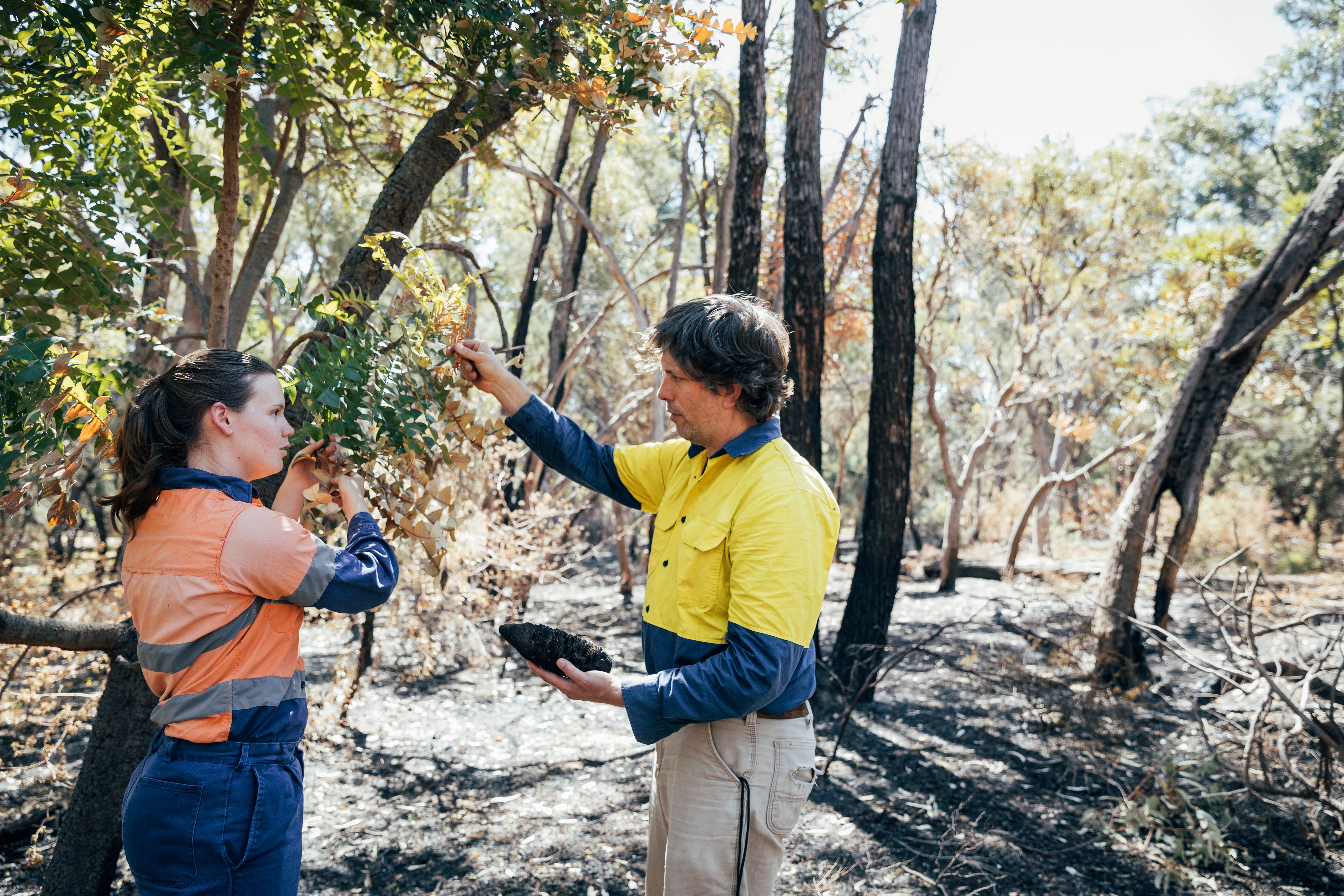Table of contents
Recommended for you

Simplifying the journey to actionable insights
The war for talent is being waged on the new frontline of employee experience, and it just got a whole lot tougher, according to latest research from global HR guru, Josh Bersin. With the number of skilled workers dropping, Bersin says that “internal mobility, retention, and productivity have become critical business strategies”.
Here in New Zealand, our business community is facing similar challenges. With borders closed, the stream of highly skilled migrants has all but dried up. Job vacancies are at record highs and growth is limited by the lack of people. Skills shortages are expected to lead to increased competition between employers and increased remuneration expectations of job seekers.
Bersin’s key outtake: for organisations to compete and win in today’s labour market, they must become an irresistible organisation: a place that people clamour to join and rivals want to become. It’s more nuanced than being just about money, titles or job security; evolving to being about “how organisations shape the way people work and live - from productivity to flexibility, wellbeing, health, and everything in between”.
Acting quickly and regularly based on focused insights provided by your employees or customers through every level of your organisation is the best way to ensure you are fostering a productive and enjoyable workplace.
The secret weapon in winning the war for talent
The most successful organisations will take actions to optimise the employee experience, and place people at the centre of all decision making.
Bersin's study researched current employee experience practices across more than 950 companies, identifying common themes that Bersin mapped to irresistible organisation outcomes and the practices that drive them. It’s fair to say there’s a wide range of practices out there and no consensus on what good looks like. Not only that, “every organisation’s journey to becoming irresistible is unique, and requires a deep understanding of its current status as well as its institutional strengths and weaknesses.”
The top research findings present the messages for employee experience excellence:
- A focus on trust, transparency, inclusion and care
- A supportive culture
- Innovation and sustainable growth depend on equitable rewards and building communities at work
- Consistent mission-first people investments in any business climate improve business performance
- Employee experience excellence leads directly to business outcomes
- HR capabilities and the right technologies are vital to great employee experience
The study also found that the basics such as benefits, perks, flexibility and communication were working well. What was found to be missing was advanced support. While many leaders communicated their support for their people and the importance of employee experience, they fell short in matching their actions to their words.
How would you describe the current state of your organisation’s employee experience?










